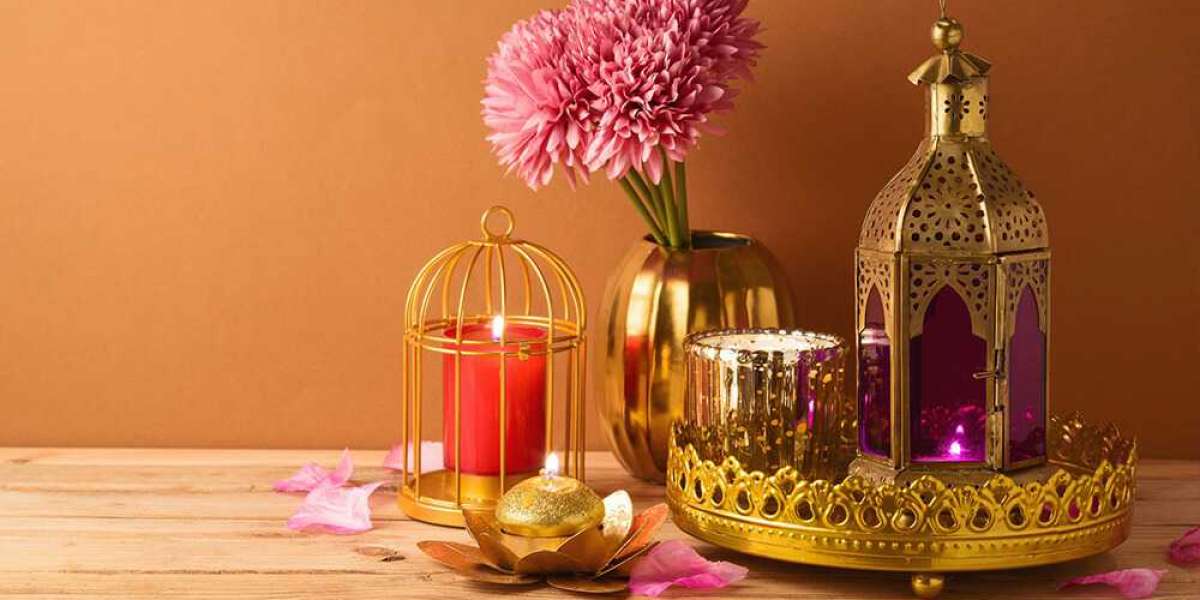Diwali, also known as the Festival of Lights, is one of the most celebrated festivals in India and across the world by Hindus, Sikhs, Jains, and Buddhists. The occasion marks the triumph of light over darkness and good over evil. Families prepare their homes with decorations, rangoli designs, and most importantly, the sacred Diwali pooja. This ritual is believed to invite prosperity, health, and happiness by honoring Goddess Lakshmi, Lord Ganesha, and other deities.
A central part of this celebration is the pooja, and to perform it with devotion, certain traditional items are used. Each item holds a symbolic meaning and adds to the spiritual energy of the ritual. Here is a comprehensive list of essential Diwali pooja items and their significance.
1. Idols or Images of Deities
The heart of Diwali pooja lies in worshipping Goddess Lakshmi, the deity of wealth, and Lord Ganesha, the remover of obstacles. Some families also include idols or pictures of Lord Vishnu, Lord Rama, or Goddess Saraswati. These idols are often made of clay, brass, or silver and are placed on a decorated altar for the ceremony.
2. Kalash (Sacred Vessel)
A kalash filled with water, topped with mango leaves, and a coconut is considered a symbol of abundance and purity. It represents the universe and is kept during the pooja to invite divine blessings.
3. Oil Lamps (Diyas)
Diyas are the hallmark of Diwali Pooja Items. These clay lamps filled with ghee or oil and cotton wicks are lit during the pooja and placed around the home. They symbolize the removal of ignorance and the ushering in of wisdom and prosperity. Lighting diyas is also believed to guide Goddess Lakshmi into the household.
4. Incense Sticks and Dhoop
The fragrance of incense and dhoop purifies the environment, creating a sacred and calming ambiance for the rituals. It is said to attract positive energies while driving away negativity.
5. Flowers and Garlands
Fresh flowers, especially marigolds and lotuses, are offered to the deities. They signify devotion, beauty, and the impermanence of life. Floral garlands are used to adorn idols and altars, adding color and fragrance to the pooja setup.
6. Puja Thali
A decorated puja thali (plate) holds various items like kumkum, haldi, rice grains, camphor, and betel leaves. The thali is often adorned with intricate designs, rangoli, or glitter to reflect the festive spirit. It plays a central role in organizing offerings for the deities.
7. Kumkum, Haldi, and Akshat (Rice Grains)
Kumkum (vermilion) and haldi (turmeric) are auspicious powders used to mark the forehead and apply tilak to the idols. Akshat, or unbroken rice grains, are mixed with kumkum and offered as a symbol of completeness and prosperity.
8. Sweets and Fruits
No pooja is complete without offerings of sweets (prasad). On Diwali, laddoos, barfi, kheer, and dry fruits are prepared or purchased to offer the gods and later distributed among family and friends. Fruits like bananas, apples, and coconuts are also placed on the altar.
9. Coins and Currency
Since Goddess Lakshmi represents wealth, placing coins, silver items, or even currency notes during the pooja is considered auspicious. This practice is believed to invite financial prosperity for the coming year.
10. Holy Water (Gangajal)
Water from the sacred river Ganga, known as Gangajal, is sprinkled around the home and used during the pooja. It symbolizes purification and sanctity.
11. Camphor (Kapoor)
Burning camphor at the end of the pooja is a tradition that signifies the burning away of ego and negativity. The soothing aroma spreads positivity and marks the completion of the rituals.
12. Bell (Ghanti)
Ringing a small bell during the pooja is believed to drive away evil forces and invite divine energy. Its sound is said to purify the mind and space, preparing it for worship.
Conclusion
Diwali pooja is not just a religious activity but also a way of connecting with cultural roots and family traditions. Each item used in the pooja, from the humble diya to the sacred kalash, holds profound symbolic value. Together, they create an atmosphere of devotion, joy, and positivity. By thoughtfully arranging these Diwali Pooja Items, families can ensure a spiritually enriching celebration that truly honors the spirit of the Festival of Lights.








